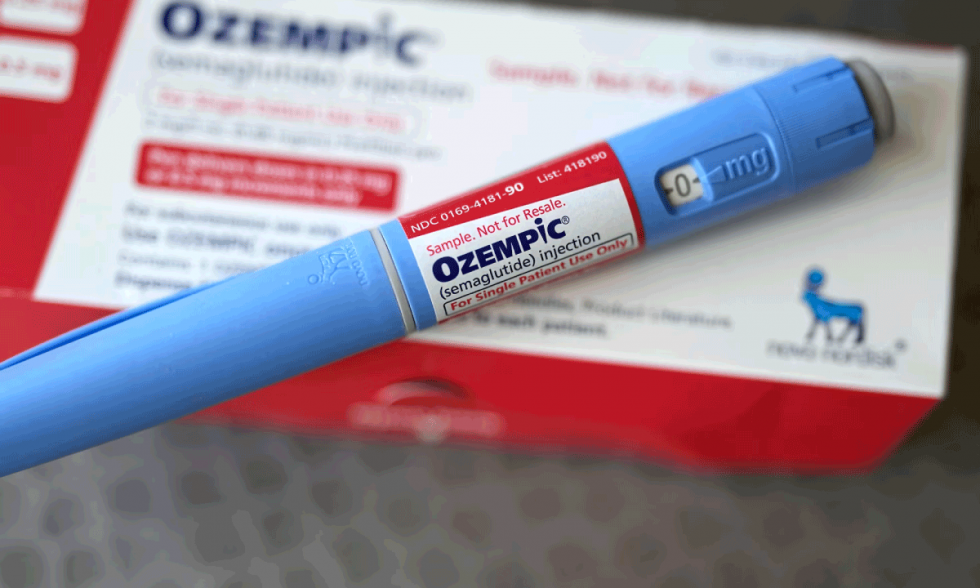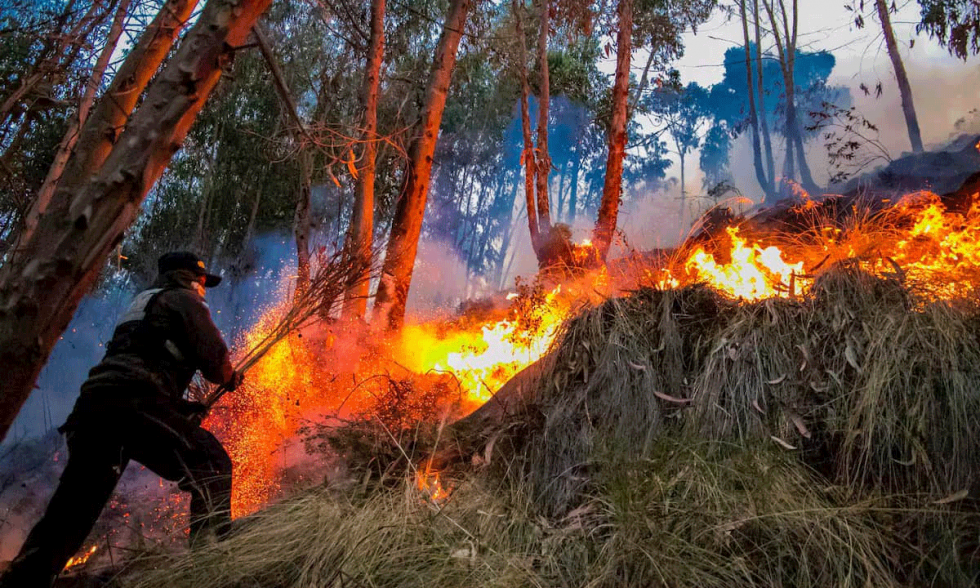Suriname’s $750 Universal Oil Dividend: A Global Test Case for Equitable Resource Wealth
When Suriname’s President Chandrikapersad “Chan” Santokhi revealed the “Regalías para Todos” (RVI) programme on 2 May 2025, the announcement reverberated far beyond Paramaribo. Under the scheme every Surinamese—newborns included—will receive a US $750 deposit, funded by the first wave of royalties from Block 58’s Gran Morgu field, the 220 000 barrel-per-day deep-water project led by TotalEnergies and APA Corporation that reached final investment decision late last year.
The logic is simple: convert a finite resource into a permanent social asset. Yet the mechanism is novel for South America. Suriname’s Ministry of Finance will route the payments into individual bank accounts earning a guaranteed 7 percent annual return, with immediate withdrawal privileges for seniors and citizens with disabilities. Everyone else can tap the funds once oil cash-flow has been independently verified.
Lessons from Alaska—Scaled to the Tropics
Comparisons to the Alaska Permanent Fund are inevitable. Every October since 1982, eligible Alaskans have received a cheque—US $1 702 in 2024—financed by a constitutionally protected pool seeded with a quarter of North Slope royalties. Suriname borrows the principle of direct distribution but adapts it: a single up-front transfer plus compound interest, rather than variable yearly dividends. Policymakers argue this hybrid design cushions households immediately yet encourages long-term saving.
How Big Is the Pie?
Block 58 could pump 700 million barrels over its lifetime, generating state revenues that analysts at Rystad Energy estimate at US $1.3 billion a year once plateau production begins in 2028. The dividend will cost roughly US $450 million—small enough to be cash-funded from the first year’s royalty stream, leaving ample headroom for infrastructure and debt reduction. A draft “Petroleum Dividends Act” before parliament ring-fences the programme inside a sovereign wealth sub-fund overseen jointly by the central bank, the Audit Court and a citizen board. Any attempt to raid the capital for political spending would require a two-thirds legislative super-majority.
Macro and Market Ripples
- Household liquidity surge – At three times the monthly minimum wage, a US $750 windfall could boost consumption by 1.5 percentage points of GDP, a shot in the arm for retail, telecoms and micro-lending.
- Financial-sector deepening – More than half a million new savings accounts will expand the domestic deposit base, allowing banks and fintechs to roll out micro-investment products tailored to the growing balances.
- Currency management – A flood of petrodollars risks Dutch-disease appreciation. Authorities plan a sterilisation buffer in offshore assets—mirroring Norway’s GPFG—to temper exchange-rate volatility.
- Regional signalling – Neighbouring Guyana, already the world’s fastest-growing economy, has floated similar dividend ideas. Colombia’s energy ministry is studying Suriname’s law as it rewrites its own royalties code.
Governance: The Hard Part
Resource-rich states often stumble over transparency. To pre-empt that, Suriname will publish quarterly royalty inflows and independent valuations of the Gran Morgu field. Civil-society watchdogs can trigger forensic audits if discrepancies emerge, and the Supreme Court can freeze transfers to officials found interfering with the fund. “Designing a dividend is easy; insulating it from politics is where models usually fail,” warns María Fernanda Suárez, former Colombian energy minister now at the Wilson Center.
Climate Optics—Can a Petro-Dividend Be Green?
Suriname is one of three carbon-negative countries today thanks to its vast rainforest. President Santokhi argues the petro-dividend underwrites green credentials by funding renewable-energy projects and incentivising reforestation: “We will turn oil wealth into solar panels on roofs and conservation in our interior.” The government pledges to allocate 10 percent of net royalties to a climate action window once production starts. Whether investors buy that narrative will influence ESG capital flows.
What Could Go Wrong?
- Price volatility – A sustained Brent plunge below US $55 could halve royalty projections, forcing either slower payments or external borrowing.
- Project slippage – Deep-water timelines are notoriously elastic; any delay beyond 2028 would defer the dividend, testing public patience.
- Political turnover – Elections in May 2025 could bring hostility toward firewall provisions. Opposition parties have signalled support in principle but want higher payouts for pensioners.
A Live Laboratory for Inclusive Growth
If Suriname pulls this off—marrying rigorous oversight with citizen dividends—it could furnish a template for other frontier producers from Senegal to Namibia. Success would show investors that transparent governance and social buy-in lower above-ground risk, potentially shaving basis points off project financing.
Conversely, failure could reinforce scepticism about extractive-dependence economics. “Global interest is outsized because the stakes are: can a tiny state avoid the resource-curse trap at the very moment of discovery?” notes Paul Collier, Oxford economist and author of The Plundered Planet.
Outlook
TotalEnergies’ Final Investment Decision is locked in, and rig contracts have been tendered. Assuming schedule integrity, first oil flows in late 2028, first dividends in early 2029 and account balances double by 2039 under the 7 percent compounding formula. For every Surinamese newborn, that could mean entering adulthood with roughly US $1 500 in savings—a small sum individually, but nationally symbolic of a bet that 21st-century petrostates can share the spoils. Whether Suriname’s experiment inspires emulation or caution will depend on choices made in the next three crucial years.
Source: El Universo
Related Articles
Todos los derechos reservados




Comentarios